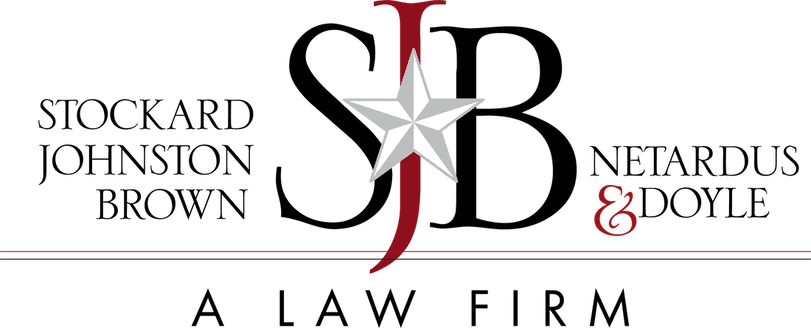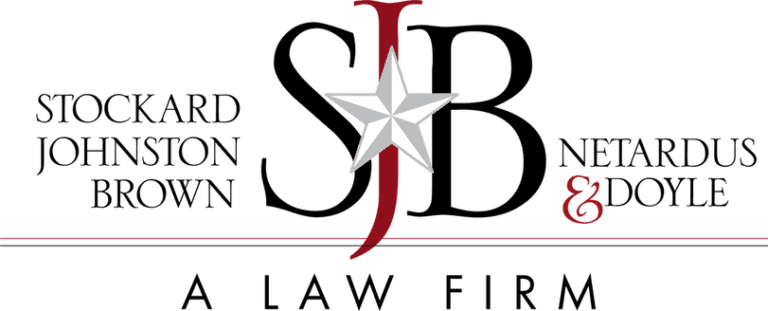According to the dictionary, being “indebted” and “in debt” to someone are two very different things. One implies gratitude; the other a financial obligation. Trying to make sure that a debt you are owed gets paid, puts a strain rather than a bolster on a relationship. That new relationship dynamic is part of what we’ll talk about today.
What Should I Do If I’m in Debt?
The first thing to do when trying to collect a debt is to have a record of it. Even if the contract to repay you is oral; there has to be a record of it. Written contracts are best because you avoid questions of hearsay. That’s why your first step is to give Notice of Debt. In that notice, outline:
- The date an oral or written agreement was made
- The amount due and what the loan was for
- The deadline by which the debtor has to pay the disclosed amount
If no action is taken by the deadline, it’s time to get an attorney and go to court.
There are claims restrictions to be aware of. If the amount owed is:
- Less than $10,000, the matter can be settled in small claims court
- Claims that are greater than $10,000 can be settled by the County Court at Law or the District Court
Regardless of the amount owed, all claim decisions have the right to be appealed to a higher court which could include the Court of Appeals.
There are two approaches that can resolve a debt:
- Standard procedure – You file a Petition with the Court and the debtor enters an answer with defenses and a trial on the merits is eventually scheduled.
- Summary Judgment – If you believe the debtor has no reasonable defense, file the above paperwork along with an application and an affidavit. The judgment can be rendered faster using this approach.
Filing and service fees will apply.
How Do I Recover From Debt?
Speaking of fees; as a creditor it’s unlikely you will recover all of the money you put into collecting a debt. The courts typically award:
- The original debt amount
- Interest-either outlined in the Terms of Trade, the standard legal rate, or an amount determined by the court
- Court costs for filing of the petition
What is a Final Judgement?
A Final Judgment gives you the right to collect a debt, but it is your responsibility to collect it. The court only steps in when minors are involved. You have to track down the debtor, file additional orders and warrants with the court and enlist the help of law enforcement, employers, and banks to “make good” on the debt.
Due to the complexities involved, and your undoubtedly fractured relationship with the debtor, it is a good idea to have a go-between. Stockard, Johnston, Brown, Netardus & Doyle, P.C. in Amarillo, Texas can safeguard your interests and be that go-between. Contact them today.

